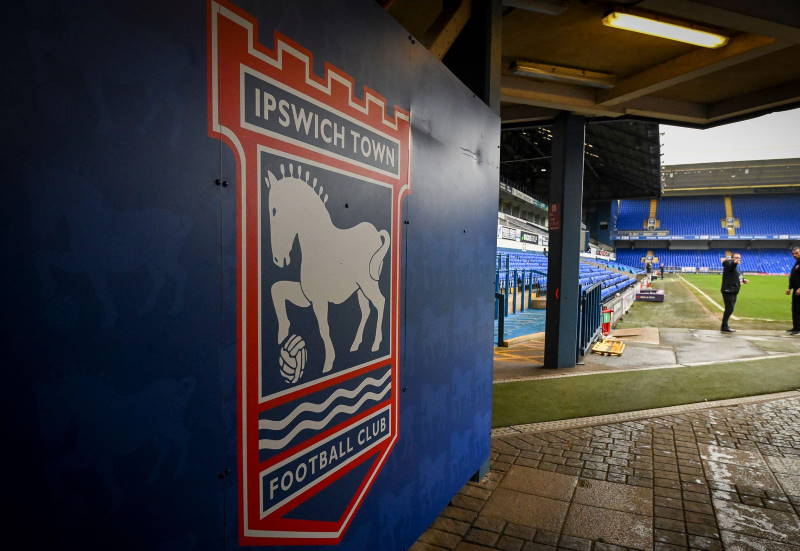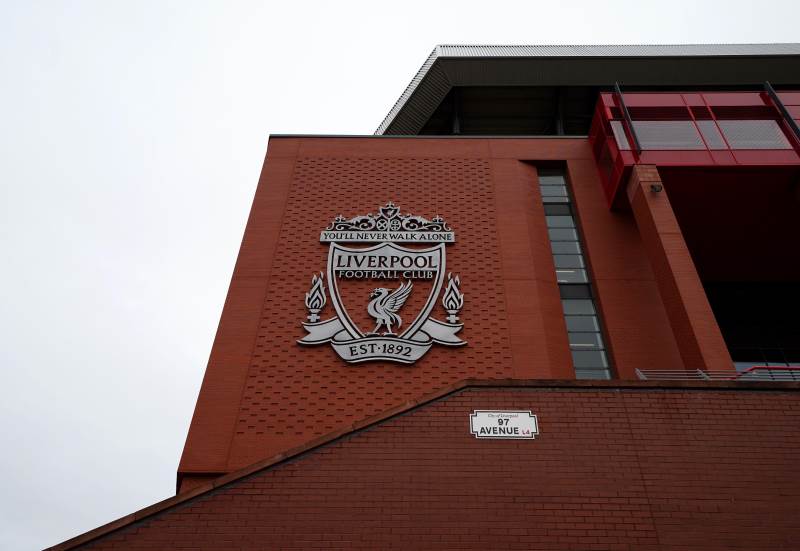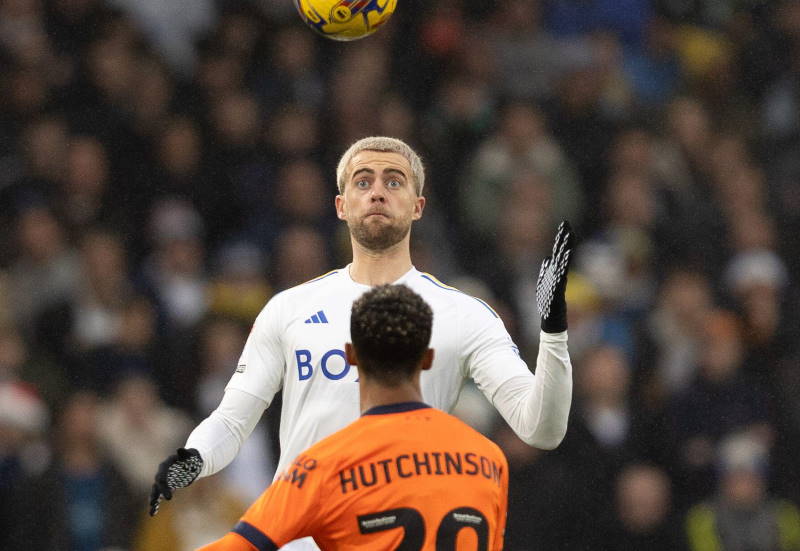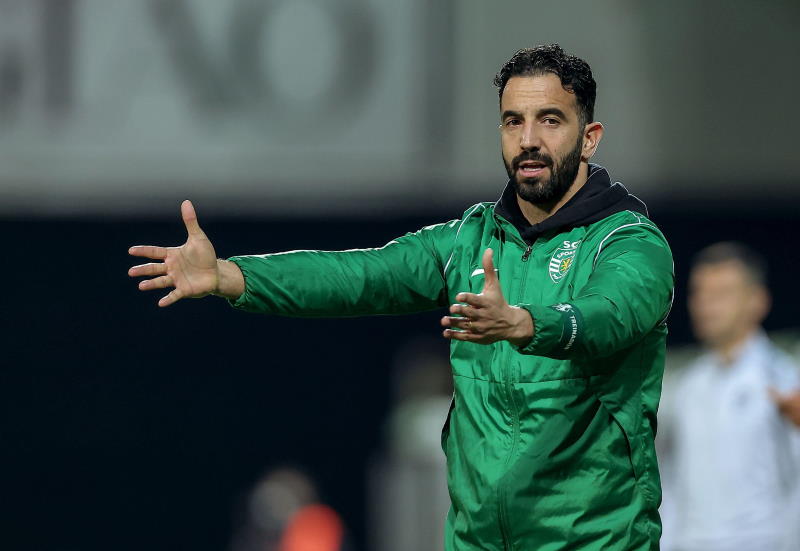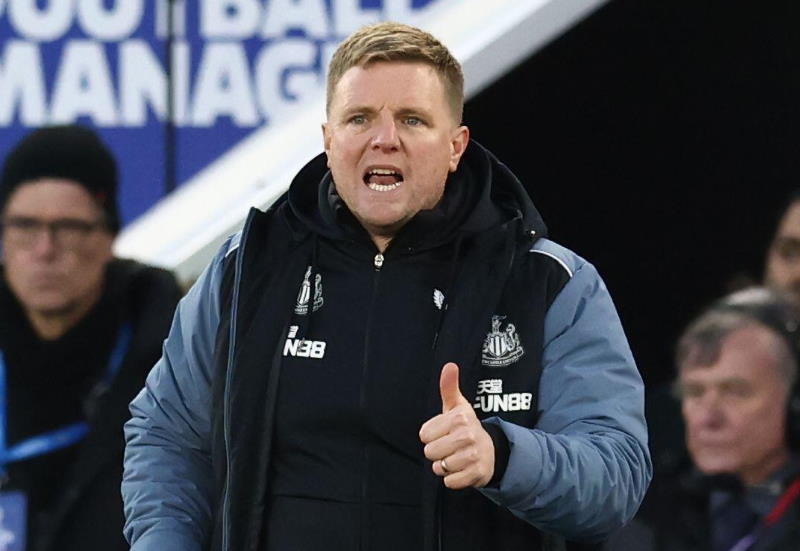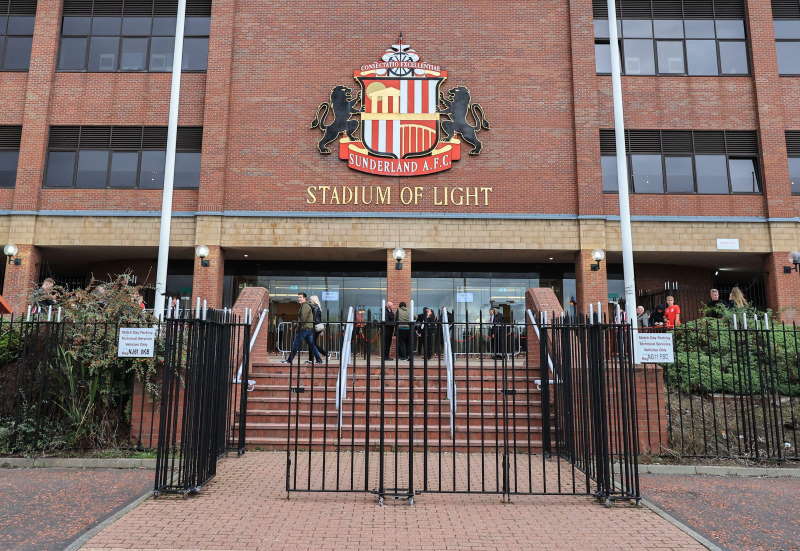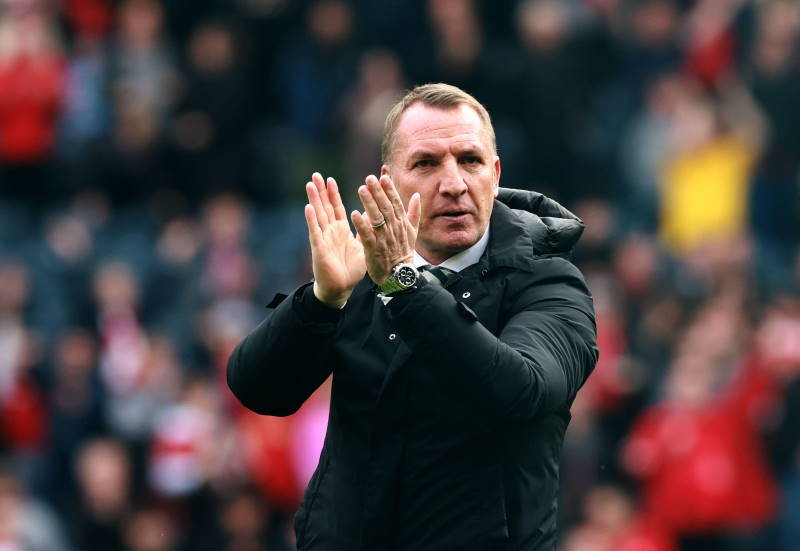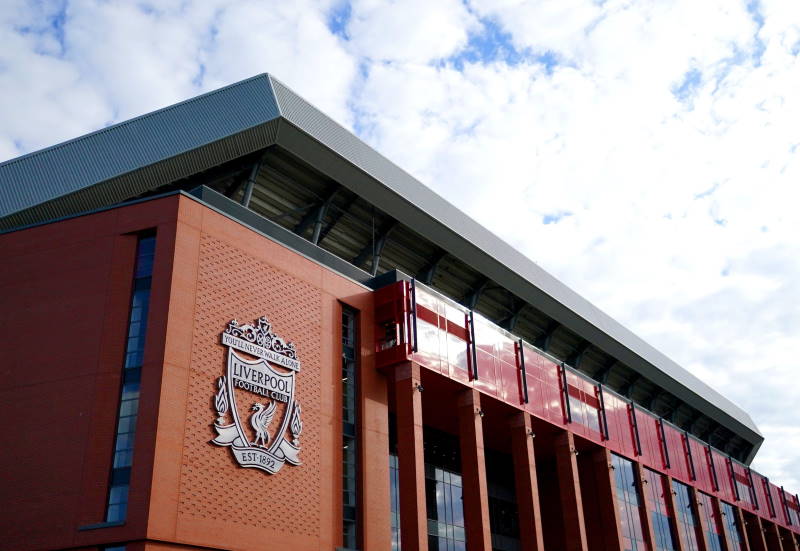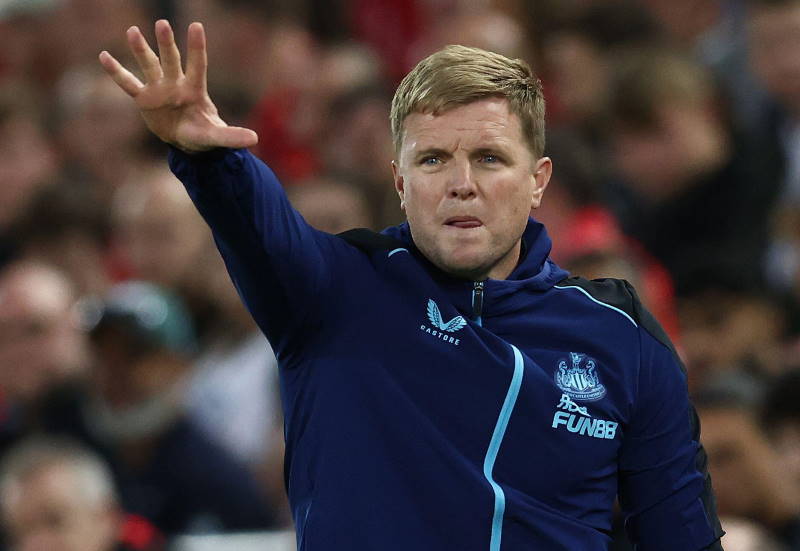
Tom Oldfield
Considering that two of the last three England bosses have been foreigners and Scotland have had a German at the helm in recent memory, it is hardly surprising that the La Liga and Serie A big boys are not knocking the door down to recruit British bosses at the moment.
This was not always the case. But you have to cast your mind back to 1996/97 to recall the late Sir Bobby Robson at the helm in Barcelona and even further – to the mid 1980s – for Terry Venables’ stint at the Nou Camp. Even David Platt’s ill-fated period in charge at Sampdoria seems many moons ago. In the past, British bosses have been viewed favourably elsewhere on the continent – but things have changed.
A message was certainly sent out when home grown bosses were not deemed good enough by the FA when appointing Sven-Goran Eriksson and Fabio Capello and that is hardly a glowing recommendation for the rest of Europe to absorb. It gets no better among the Premier League’s elite where three of the supposed big four are managed by an Italian, a Frenchman and a Spaniard. Chelsea have not had a permanent English boss since Glenn Hoddle left in 1996. If the Blues or Liverpool or Arsenal have not selected a home grown manager, why would Barcelona or Real Madrid choose a British candidate?
That is not to say that British managers have been overlooked altogether by other European leagues, though. In fact, there are several bosses who are proving big hits having sought opportunities away from home.
The most high profile is, of course, Steve McClaren, the man sandwiched between Eriksson and Capello in the history books of England managers. McClaren’s spell with the national team ended in embarrassment as they lost to Croatia in the rain at Wembley and failed to reach Euro 2008. But he has bounced back commendably.
Understandably, the chance to leave England and set up in a new country had its appeals when FC Twente approached the former Middlesbrough boss in the summer of 2008. The Dutch league might not be on a par with the Premier League or La Liga but it is competitive and there are number of good sides. McClaren has been a revelation since arriving in Holland.
Having led Twente to second place last season, behind champions AZ Alkmaar, McClaren is hoping to go one better this year and his players have made a strong start. Freed from the intense pressure and scrutiny that came hand in hand with the England job, he has prospered, using the knowledge he gained from working with Sir Alex Ferguson and his experience at Boro, where he won the League Cup.
Then there is Steve Nicol in the MLS with the New England Revolution. The former Liverpool legend has quietly gone about his business in the States and has a reputation as a shrewd coach. And his achievements have not gone unnoticed.
Nicol took charge in 2002 and has led the team to the playoffs in each of his seasons in charge. New England have made four appearances in the MLS Cup which is a staggering statistic that speaks volumes for the Scot’s man management and tactical preparation. Less impressive is the fact that the Revolution have lost on each occasion – but Nicol’s record cannot be sniffed at.
Reaching the MLS Cup in 2005, 2006 and 2007 put New England among the MLS elite and Nicol enjoyed success in the Open Cup, which his side won in 2007. He is popular among supporters and will no doubt continue to drive the Revolution onwards in the coming years.
And Stuart Baxter is another successful Brit working elsewhere in Europe. Baxter, who may be better remembered for his brief playing career that took in Preston and Stockport among others, was named manager of the Finland national team in 2008 and has been a popular choice. Popular enough, in fact, that his contract has been extended until the 2012 European Championships.
Working with limited resources, he has kept the Finns competitive. With a little more luck, they might well have qualified for Euro 2008 and the 2010 World Cup. Their qualifying campaign for the last European Championships ended in heartache after a 0-0 draw with Portugal when only a win would have been good enough.
Baxter’s men then fell short in a World Cup qualifying group containing Germany and Russia but pushed the big guns hard. Finland finished just four points behind the Russians and could look back on two commendable, gutsy draws with the Germans along the way. Now, the task for Baxter is to help his players take the next step and reach a major tournament.
These three are all proving that British managers can succeed away from home and there are numerous others working in a range of roles. For instance, Bobby Houghton is in charge of the Indian national team while Colin Clarke is at the helm for Puerto Rico.
British managers might not be landing the glamour jobs abroad but these men are proof that progress is being made. In time, we may yet see a Brit offered the chance to manage one of Europe’s powerhouses again.
Related Articles:
- – Africa Looking Forward to Angolan Nations Cup
- – Can Canada Rediscover Former International Highs?
- – CONCACAF President Warner On The Ball
Photo courtesy: Mika Heikkien

